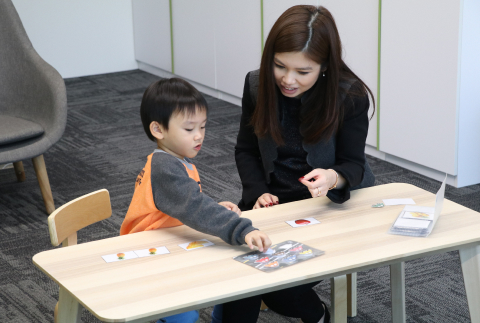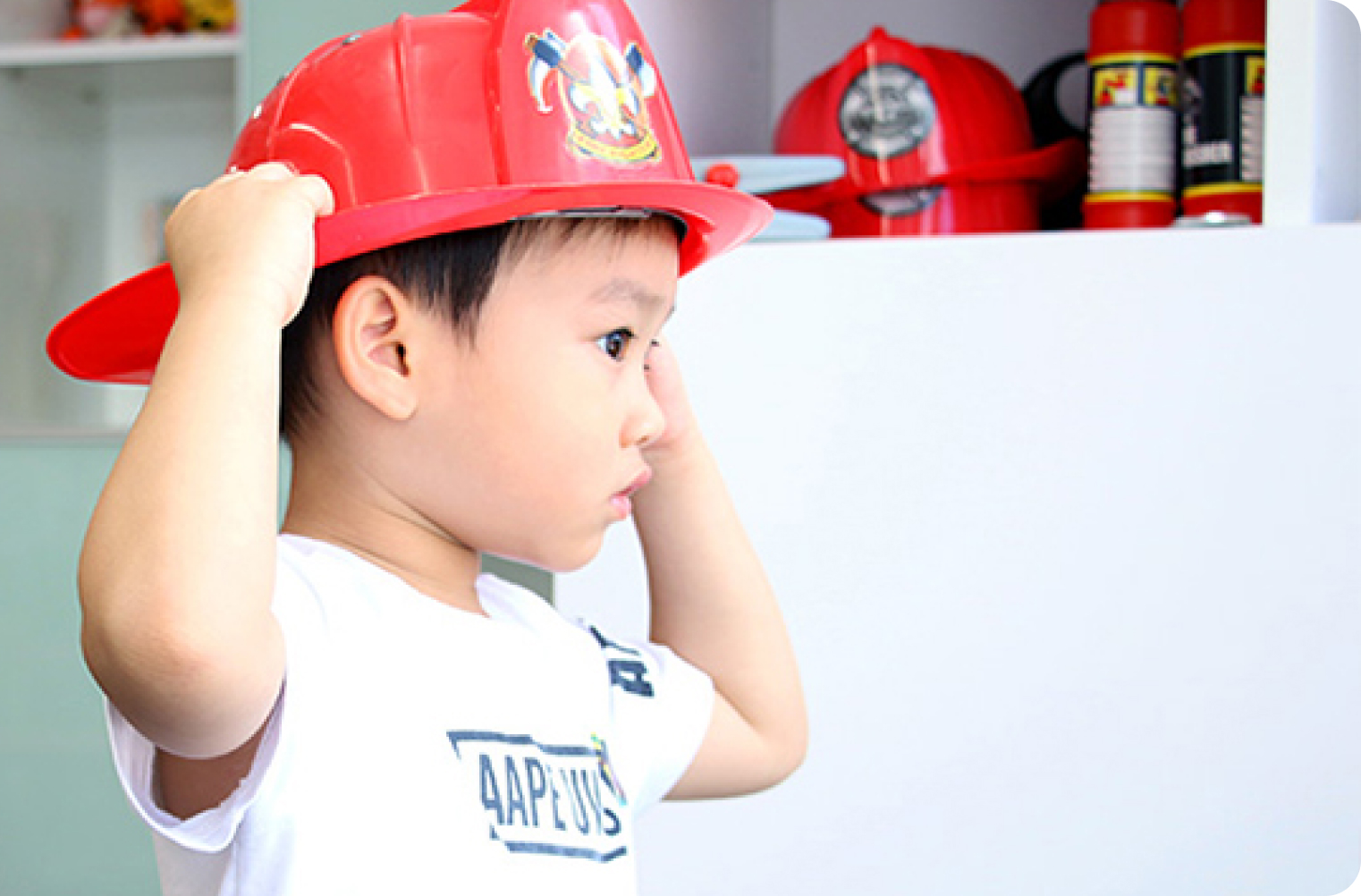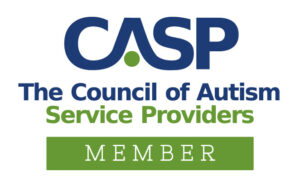
Autism Partnership United States
Making a Difference for Individuals with Autism Spectrum Disorder (ASD) Since 1994
Intensive 1:1 APM Therapy Programs
Designed to maximize the progress of children with ASD and reach their full potential.

Changing Lives Through APM Quality Treatments
Since 1994, Autism Partnership has been dedicated to providing quality ABA treatment services for individuals with ASD using the Autism Partnership Method

A Global Presence
Autism Partnership offers flexible treatment services in 7 countries, 12 cities. Find our centers near you.
0
years experience
0
global locations
+
0
consultants
+
0
ACCEPTED CASES EVERY YEAR
Quality Intensive APM Treatment Programs
The Autism Partnership Method

The AP Method
Quality Makes a Difference: Backed by Research and Effective Clinical Practice Since 1994


Our Intensive APM Treatment Programs
We devote our expertise and effort to individualizing every program according to each child’s individual needs, paving the way for a future with amazing choices and opportunity.
Leap of Faith - Stories of Parents
4 years ago, we thought Kimi would not speak, read, or write. At Autism Partnership, we found highly trained professionals who believed in Kimi like we did, and today Kimi has exceeded all expectations.

Student Learning Journey
At first glance, Kimi seems like an ordinary child with an adorable smile and an energetic temperament. But at the age of 2, he was diagnosed with ASD and was non-verbal...
Getting to know
Autism Spectrum Disorder

What is ASD?
Autism is a severe disruption of the normal development process and is often diagnosed within the first few years of life. Autism is viewed as a spectrum or a continuum of disorders, with varying degrees of severity and levels of functioning.
Books / Research / Journals & more
Resources & Knowledge


